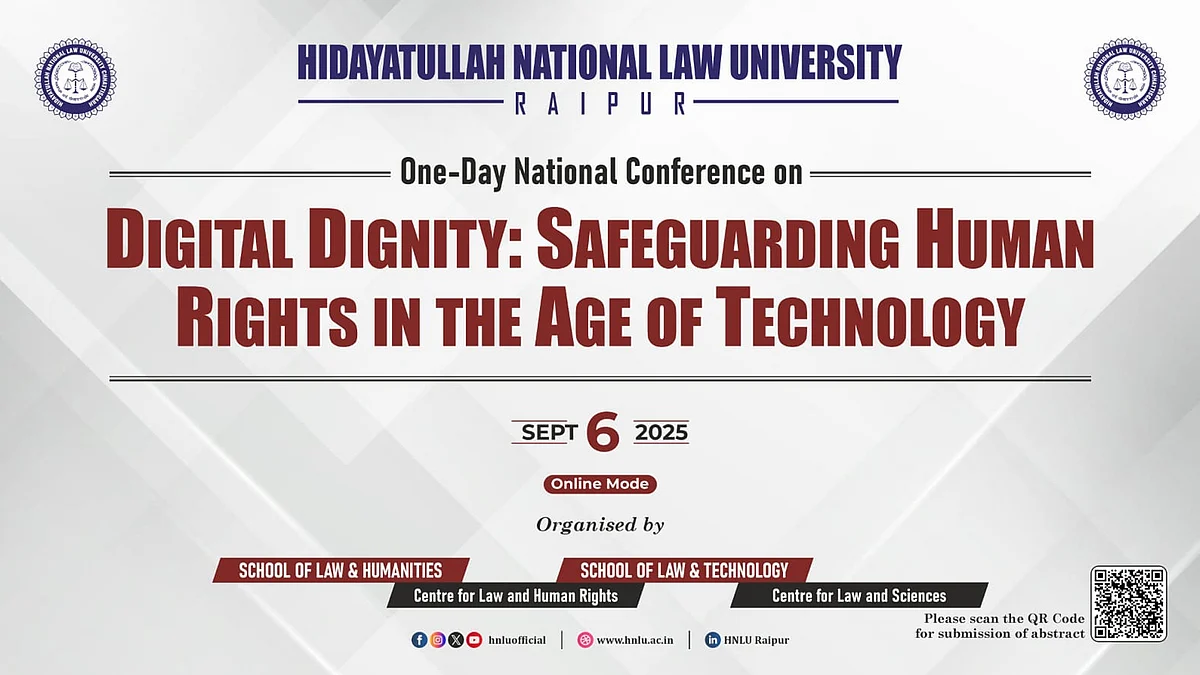TSMC Leak Fuels Calls for South Africa's Tech Protection Law: Safeguarding Innovation and National Security

Protecting South Africa's Tech Assets: The Urgent Need for a Sensitive Technology Protection Law
Recent reports of a potential corporate secrets leak at Taiwan Semiconductor Manufacturing Co (TSMC) have reverberated globally, sparking renewed discussions about the critical need for robust technology protection laws. Here in South Africa, experts are echoing these concerns, highlighting the growing vulnerability of our own burgeoning technology sector and the potential implications for national security and economic competitiveness.
Following the TSMC incident, Institute for National Defense and Security Research director Su Tzu-yun's call for a sensitive technology protection law serves as a timely reminder. While the specific details of the TSMC situation are still unfolding, the potential for intellectual property theft and the compromise of sensitive data are significant threats that South Africa cannot afford to ignore.
Why South Africa Needs a Tech Protection Law
South Africa's technology landscape is rapidly evolving, with significant investments being made in areas like artificial intelligence, renewable energy technologies, and advanced manufacturing. However, this growth also attracts malicious actors seeking to steal valuable intellectual property, disrupt operations, and gain an unfair competitive advantage. A comprehensive technology protection law would:
- Strengthen Intellectual Property Rights: Provide clearer legal frameworks for safeguarding patents, trademarks, and trade secrets, making it more difficult for competitors to copy or steal innovations.
- Enhance Cybersecurity Measures: Mandate minimum cybersecurity standards for businesses handling sensitive data, reducing the risk of data breaches and cyberattacks.
- Protect National Security Interests: Address the potential for foreign interference and espionage targeting critical infrastructure and strategic technologies.
- Promote a Culture of Security Awareness: Encourage companies to prioritize security training and implement robust data protection protocols.
Lessons from TSMC and Global Trends
The TSMC case underscores the devastating consequences of inadequate technology protection. Loss of trade secrets can cripple innovation, erode investor confidence, and damage a company's reputation. Globally, countries are increasingly enacting legislation to protect their technology sectors, recognizing that innovation is a key driver of economic growth and national security. The US, for example, has implemented stringent export controls and cybersecurity regulations to safeguard its technological advantage. Similarly, the EU is working on a comprehensive cybersecurity strategy to protect its digital infrastructure.
The Path Forward for South Africa
Drafting and implementing a sensitive technology protection law in South Africa requires a collaborative effort involving government, industry, and academia. Key considerations should include:
- Defining 'Sensitive Technology': Clearly identify the types of technologies that warrant special protection, considering their potential impact on national security and economic competitiveness.
- Balancing Protection with Innovation: Ensure that the law does not stifle innovation or create unnecessary barriers to trade.
- Providing Enforcement Mechanisms: Establish effective mechanisms for investigating and prosecuting violations of the law.
- Promoting International Cooperation: Collaborate with other countries to share best practices and combat cross-border technology theft.
The time for action is now. By proactively safeguarding our technology assets, South Africa can foster a thriving innovation ecosystem, attract investment, and strengthen our national security posture. The lessons from TSMC and global trends are clear: technology protection is no longer a luxury; it's a necessity.





